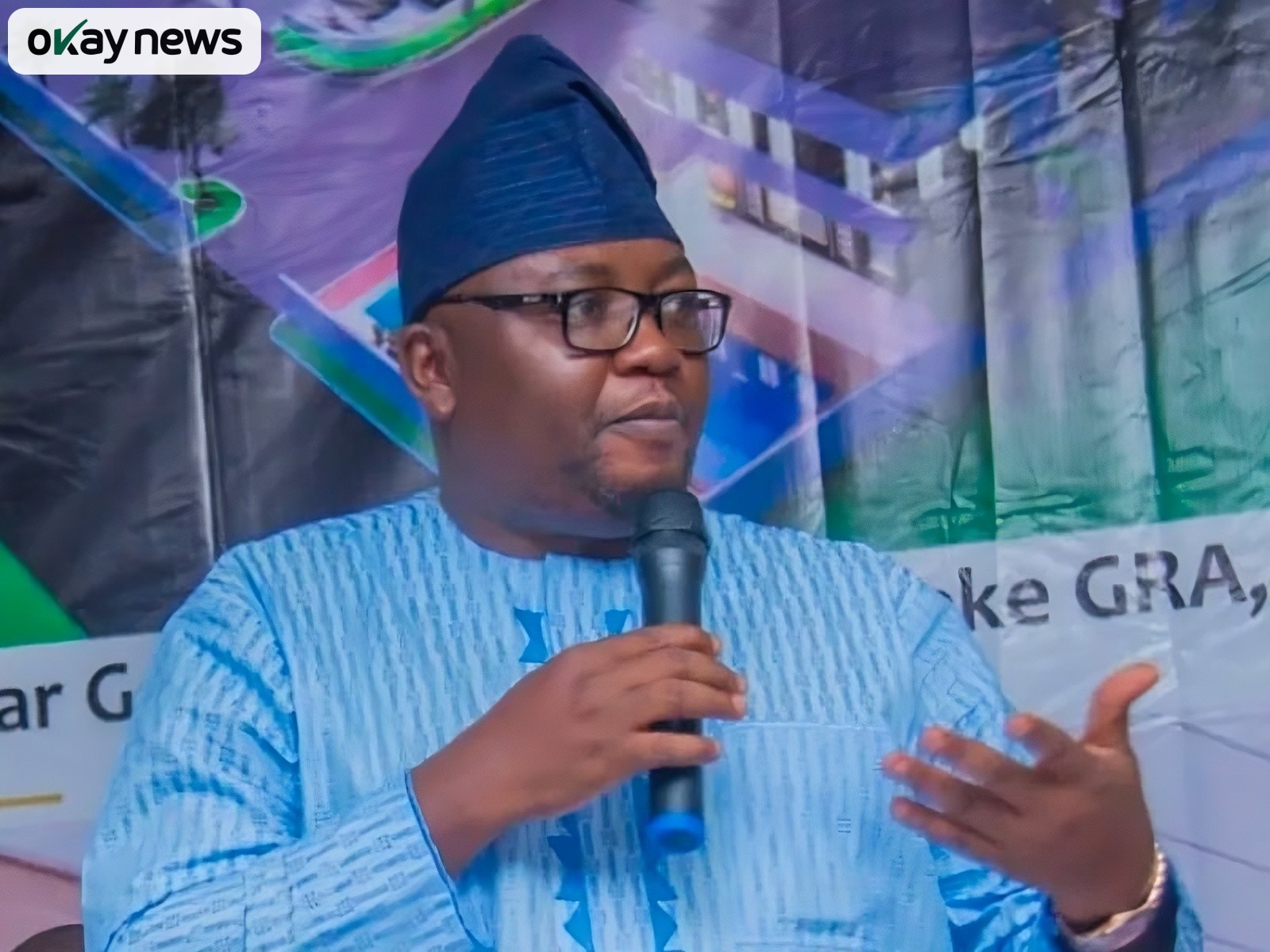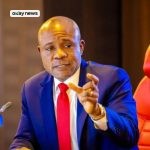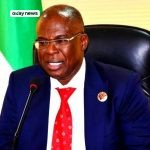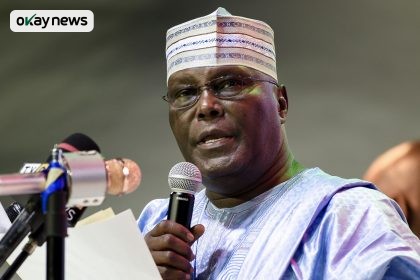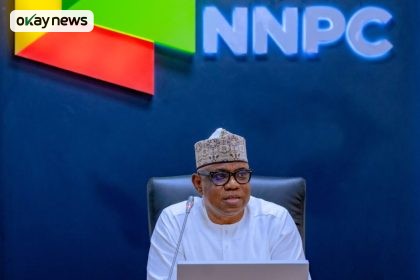The Federal Government has called on Nigeria’s 36 states to take full ownership of power generation, transmission, and distribution, saying decentralisation is the only viable solution to the country’s persistent electricity crisis.
Minister of Power, Adebayo Adelabu, made the appeal during the Nigeria Energy Leadership Summit in Lagos, citing the Electricity Act 2023 as a game-changer that empowers states to build their own electricity markets.
“The responsibility of providing stable electricity can never be left in the hands of the Federal Government,” Adelabu said. “You cannot, from Abuja, guarantee stable power across the country.”
He explained that the Act devolves regulatory powers to states, promotes competition, and enables private sector participation across the electricity value chain. So far, 15 states have received regulatory autonomy, with Enugu fully operational through its own electricity commission.
Adelabu urged governors to challenge DisCos and the Transmission Company of Nigeria, track performance, and engage investors to build generation assets such as solar, hydro, and thermal plants.
He emphasized that rural electrification must go beyond lighting homes to powering productive equipment that boosts local economies.
The minister also highlighted tariff reforms that have improved supply reliability and increased industry revenue by 70 percent to N1.7 trillion in 2024, with projections to exceed N2 trillion in 2025.
He said Nigeria’s stranded generation capacity exceeds 10GW, and unlocking it requires private investment and state-level action. He cited South Africa’s $25 billion transmission expansion as a model for Nigeria’s own grid development.
Adelabu’s remarks were echoed by officials from Enugu, Lagos, and Katsina, who expressed readiness to attract investors and build sustainable power infrastructure.


